Treatment of edentulism (missing teeth) with a dental bridge is one of the most common and effective methods. A dental bridge allows for the restoration of both chewing function and smile aesthetics. It is a fixed prosthetic construction that is supported by healthy adjacent teeth and fills the space of a missing tooth. In this article, we will discuss what a dental bridge is, the types available, and how the placement process is carried out.
To book a visit, sign up for a consultation. To clarify the details, our operator will contact you.

Increased Tooth Sensitivity
14 December 2023
What Is Tooth Sensitivity?
Increased sensitivity of the teeth, often referred to in the medical literature as tooth hypersensitivity, is a widespread problem in the twenty-first century, which everyone has experienced at least once.
Studies conducted by leading European universities have shown that approximately 60% of adult patients complain of discomfort when eating hot or cold food. Teeth hypersensitivity in patients is caused by the shedding of the enamel (tooth coating, also known as tooth enamel). Over time, the enamel wears out and the tooth remains vulnerable to environmental factors. The crown and roots of human teeth contain thousands of tiny tubes (canals) that connect to the center of the tooth with nerve endings. In such clinical cases, when the nerves of the tooth are no longer protected by the enamel layer, the tooth becomes sensitive not only to irritants such as cold or hot food, but also to substances that have a high sugar content. Irritants (hot, cold or excessively sweet food and drink) reach the nerve center of the tooth through the canals and cause pain.
Factors Causing Hypersensitivity
There are many factors that can cause increased sensitivity of the teeth and cause a lot of discomfort to the patient in his daily life. In order to avoid tooth sensitivity and feel free to eat any food you want, it is important to know what can have a negative effect on your tooth enamel and cause it to dissolve.
- Rough toothbrush - One of the most important factors that can affect the health of your teeth is, of course, the toothbrush. Brushing your teeth incorrectly, with a brush that is too rough, can wear down the tooth enamel over time. Permanently brushing the teeth with a coarse toothbrush wears away the enamel layer and exposes the roots;
- Periodontitis - the majority of periodontal diseases are characterized by gingivitis. Recession of the soft tissues of the oral cavity also exposes the root, which directly leads to an increase in sensitivity;
- Microcracks on the surface of the tooth - in the case of a cracked and broken tooth, while the integrity of the enamel coating is broken, bacteria can multiply in the crack, which easily enter the canal and reach the nerve center of the tooth;
- Tooth whitening preparations with chemical composition - those toothpastes and wipes that whiten teeth often contain soda and peroxide. The chemical combination of these two substances visually whitens the tooth at the expense of "dissolving" the top layer of tooth enamel, which directly implies thinning of the enamel coating. The thinned and weakened enamel is easily damaged and the sensitivity of the teeth increases accordingly.That's why your toothbrush and toothpaste, whether it's whitening or regular, should be selected individually by your dentist.
- Age - It may sound strange, but the sensitivity of the tooth is also affected by the age of the person. It has been scientifically determined that the sensitivity of teeth reaches its peak in patients aged 25 to 30 years;
- Dental plaque - the plaques on the roots of the teeth also damage the enamel and cause increased sensitivity;
- Mouthwashes - Constant use of acidic mouthwashes can damage the health of your teeth, wear away enamel and cause hypersensitivity. If you are already suffering from increased sensitivity, be sure to consult a dentist, who will prescribe an oral hygiene product suitable for your condition;
- Acidic foods - along with mouthwashes, regular consumption of acidic foods is also quite harmful to teeth and causes the enamel layer to wear away. In case of high sensitivity, avoid mineral carbonated drinks to avoid pain and discomfort;
- Rehabilitation period - after tooth whitening, crown restoration and tooth filling, you may have increased tooth sensitivity, although this is only a temporary phenomenon and usually the patient's complaints disappear in 4-6 weeks.
The team of "Blits Dental - Kakhaber Kharebava Clinic" recommends not to consider the increased sensitivity of the teeth as an "insignificant" problem and to start taking care of your oral cavity on time. At the first signs of discomfort when eating hot, cold or sweet food, be sure to consult a dentist and determine the causes of the problem. So you will be able to maintain a healthy oral cavity and a charming smile for a long time. In our clinic (Tbilisi, Vera, Kuchishvili St. 11) you will find a comfortable environment adapted to your needs and a team of professionals who will help you solve all problems related to the oral cavity. At the same time, at "Blits Dental - Kakhaber Kharebava Clinic" patients have the opportunity to use a convenient payment schedule.
To get detailed information sign up for a consultation or contact us at: (+995) 322 22 15 16
Missing teeth are no longer a problem! Dental implants offer the most advanced, durable, and natural-looking solution for restoring your smile. An implant, together with its crown, mimics a real tooth both aesthetically and functionally-helping you regain confidence, comfort, and a complete smile.
During pregnancy, hormonal changes can cause gum inflammation, bleeding, enamel erosion, and an increased risk of cavities. That’s why visiting the dentist during pregnancy is especially important.
Gnathology is one of the leading branches of 21st-century dentistry. It forms the foundation for any complex dental treatment planning
Tooth loss (edentulism) affects not only the appearance of your smile but also the overall functional health of your oral cavity
Dental veneers can be made from various materials, but ceramic (porcelain) veneers are the most widely used.
Modern aesthetic and functional dentistry is continually evolving, striving to identify restorative materials that combine exceptional strength
The eruption of baby teeth is one of the most important stages in a child’s early development.
Modern dentistry increasingly emphasizes the importance of orthodontic care.
Oral health care begins long before the first permanent tooth erupts.
A smile is one of the key elements of a person’s visual identity. It conveys confidence and positivity. However, the beauty of a smile is not only an aesthetic factor—it is directly connected to oral health.
Orthodontic treatment has long gone beyond the limits of traditional metal braces.
Dental implantation is the best method for restoring missing teeth. However, for the procedure to be successful, the jawbone must have sufficient volume and density.
Dental implantation is one of the most effective and safest surgical procedures in modern dentistry for restoring missing teeth.
Initial endodontic (root canal) treatment is usually successful and helps preserve the natural tooth.
Root canal treatment, also known as endodontic therapy, is one of the most frequently discussed yet often misunderstood dental procedures.
Tooth decay is one of the most common dental conditions, involving damage to the hard tissues of the teeth
Modern dentistry is constantly evolving, offering improved methods for solving complex issues.
Today, there are numerous teeth whitening options—both at home and professionally done.
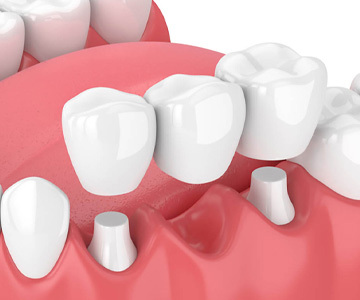
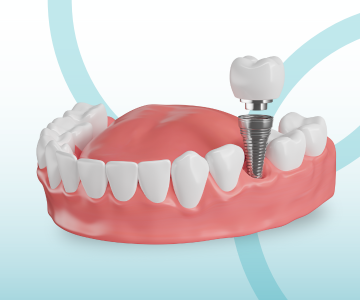
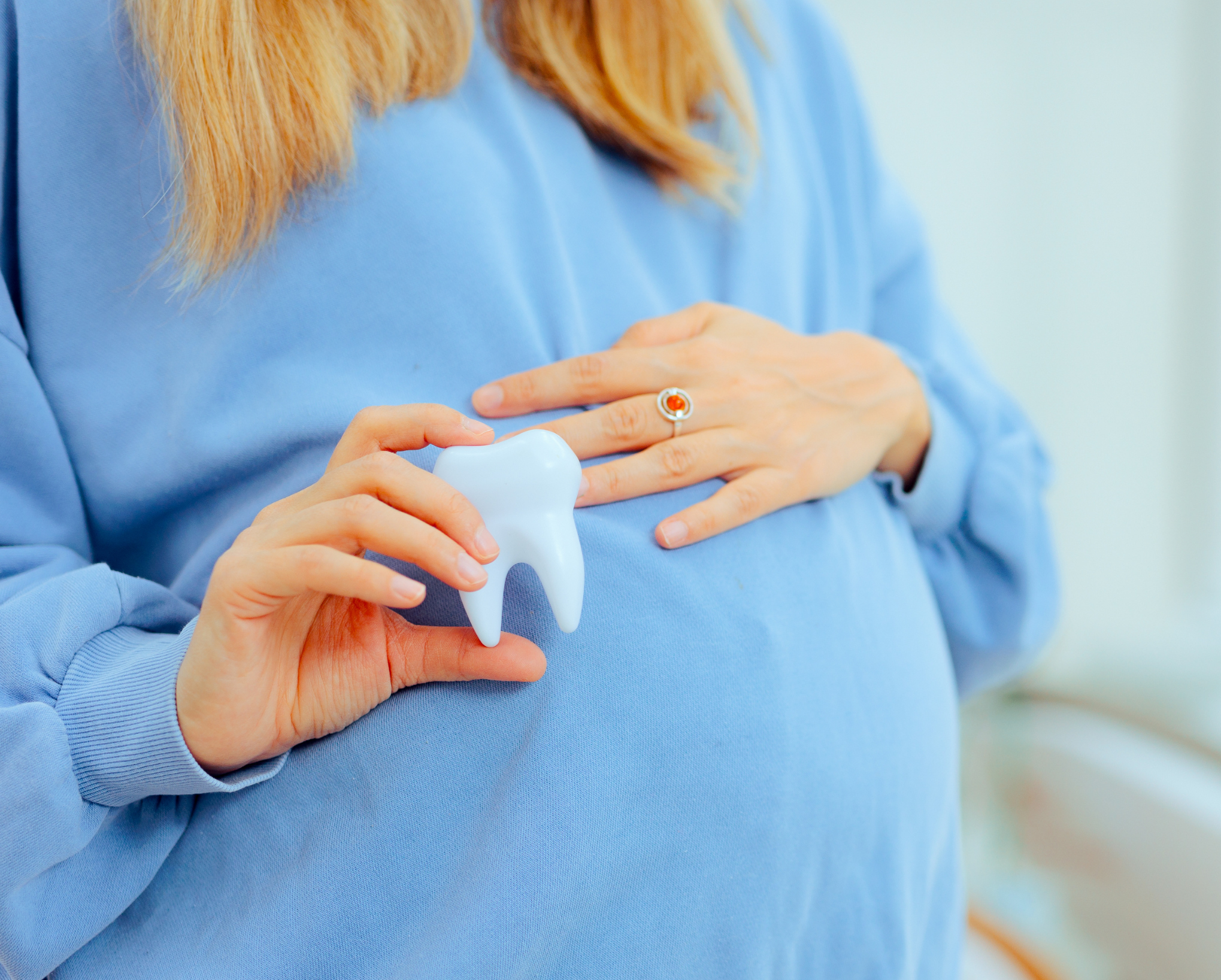
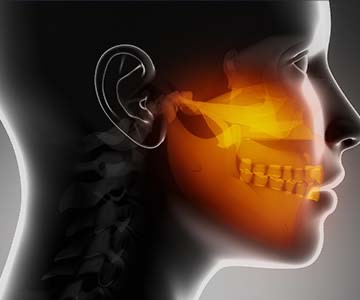
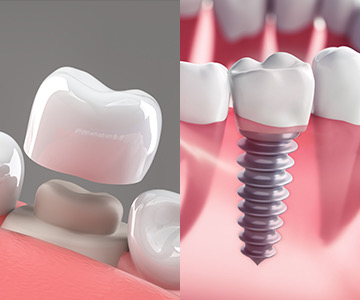
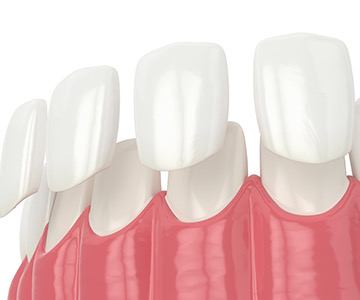
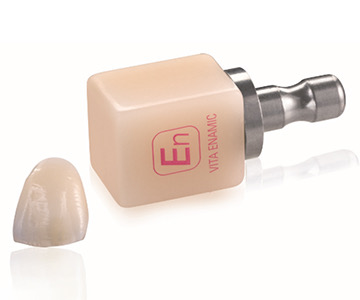

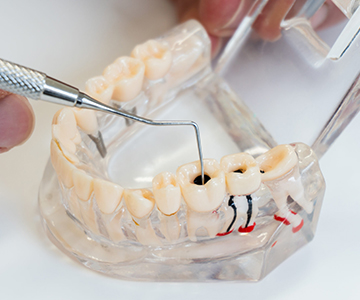
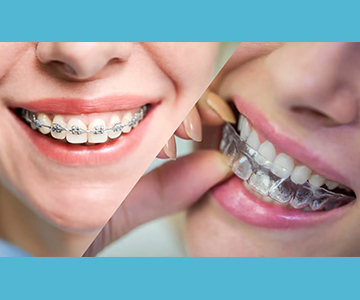
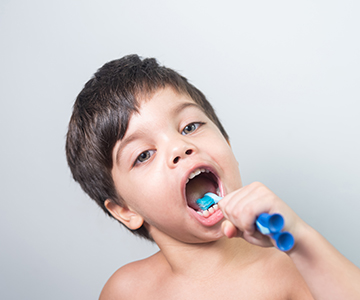
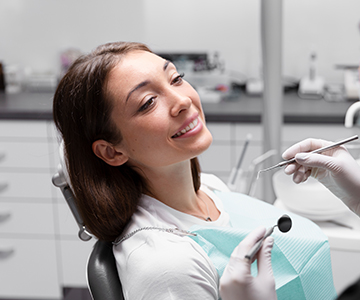
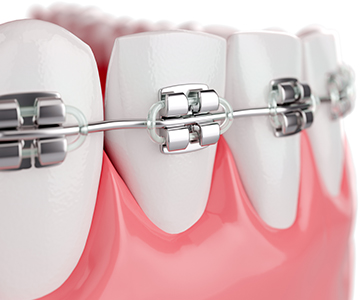
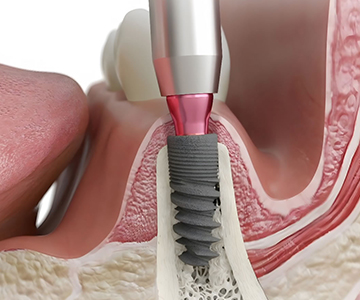
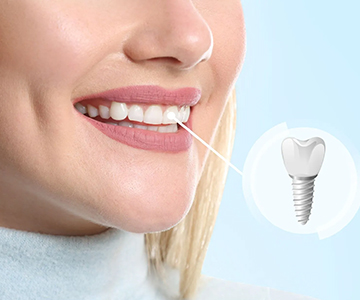
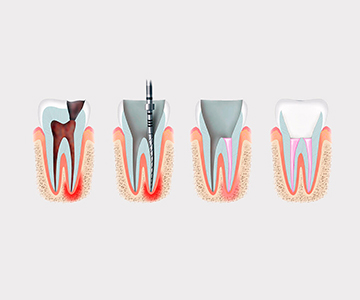
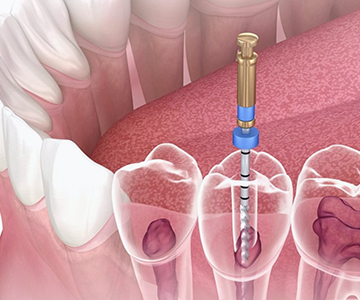
.jpeg)
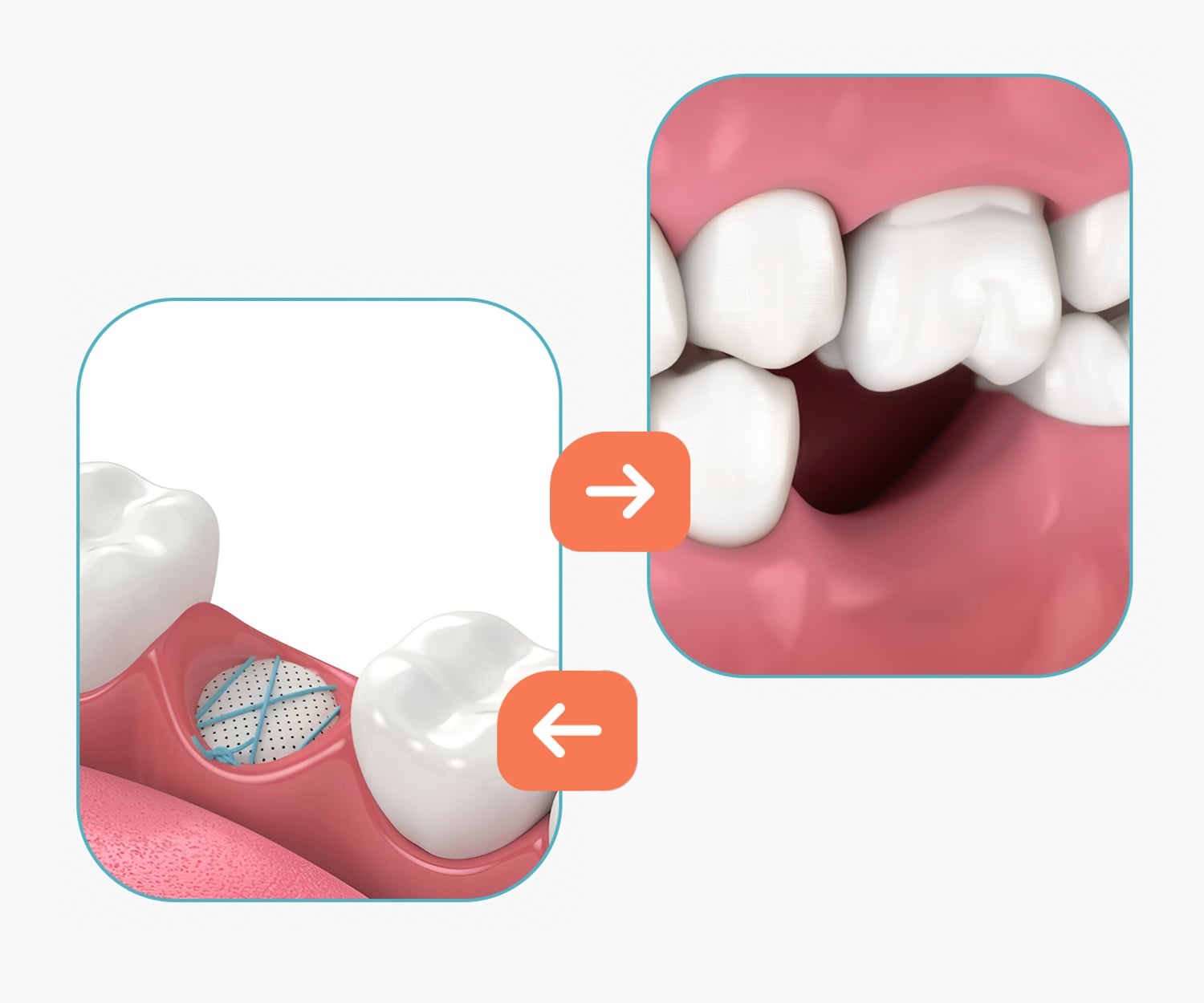
.jpeg)